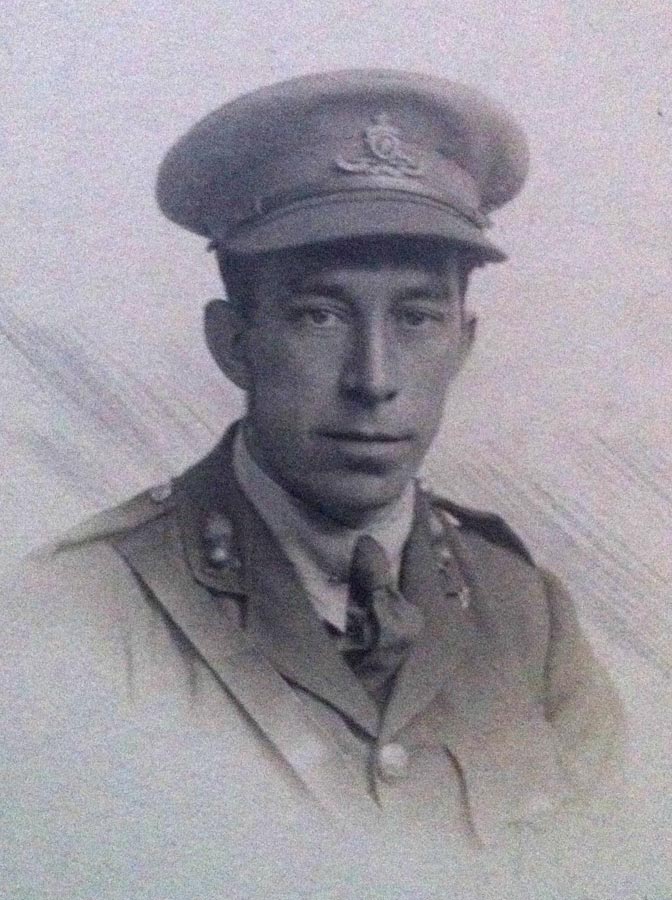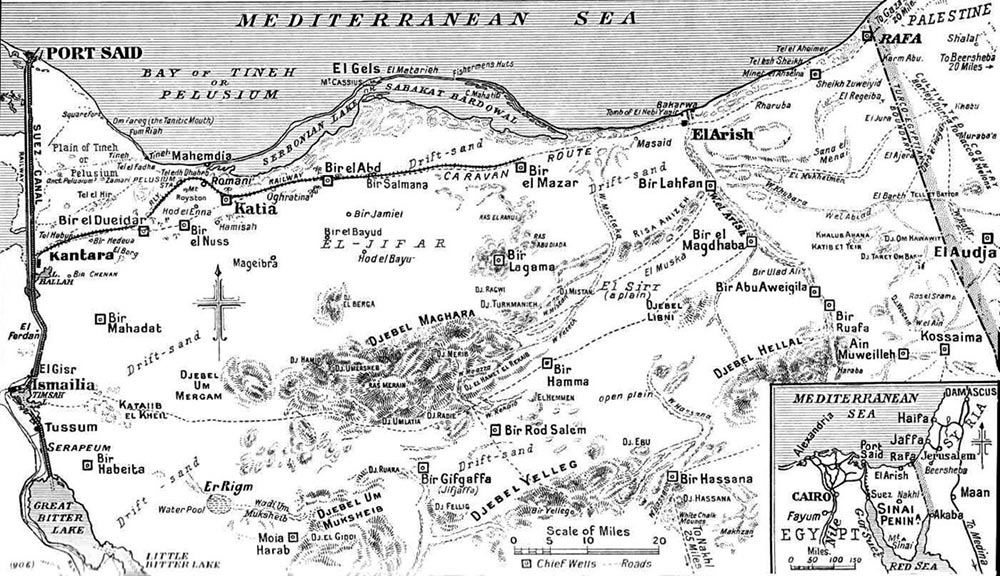
Voices from 1918
Diaries are a jumble of writing about everyday life. When you read them you get to know the people, their humour, their emotion and their everyday routine. It’s like having a window into their lives that is fresh and real so you relate to it.
Welcome to Voices from 1918 - and get a view of life in the last year of World War One from the diaries and letters of people who were there.
Our ‘characters’ are professional musician and nursing orderly Olive Harcourt, stretcher bearer James Sansom, Lady Mary Monkswell of Beaminster, Dr Marie Stopes, author of Married Love, and Artillery Lieutenant Alfred Forbes Johnson.
We wanted to try and get across the feel of everyday life in a time of huge national drama and personal tragedy. Our characters write about the enormity of war at the same time as walking in the Dorset countryside or playing football behind the lines. Somehow the everyday events captured in their diaries make their experiences all the more real.






















